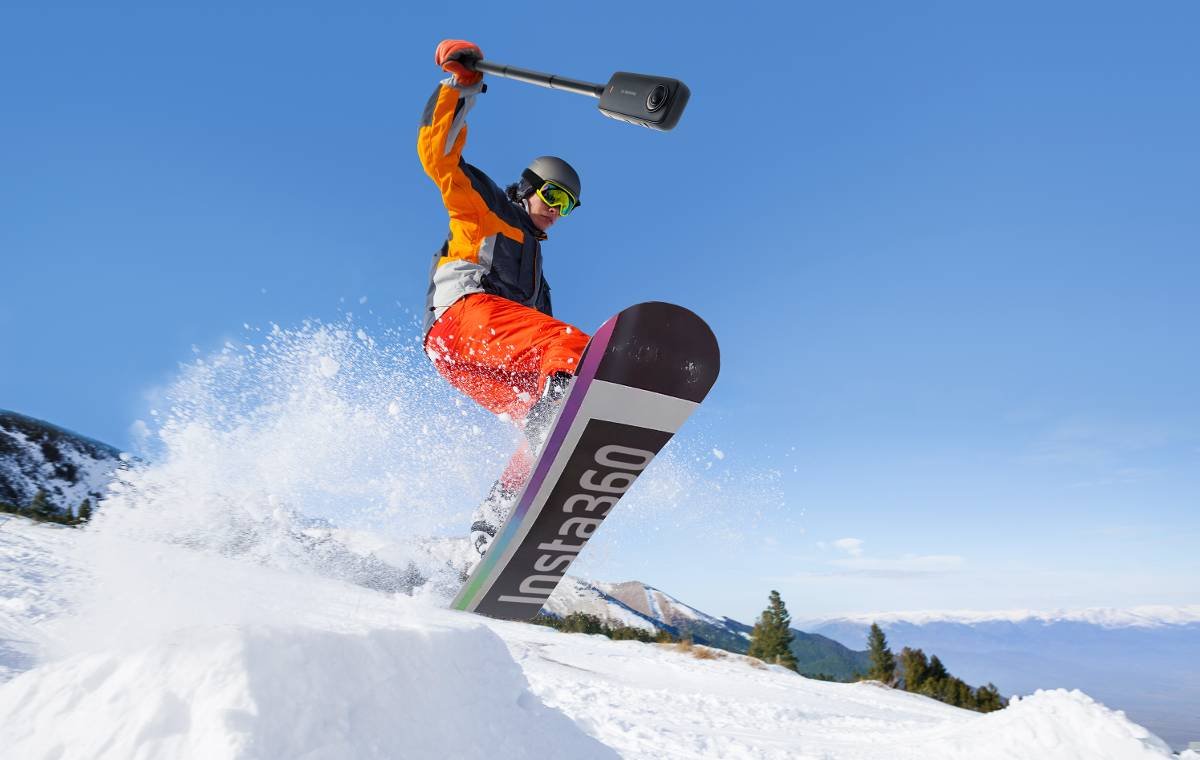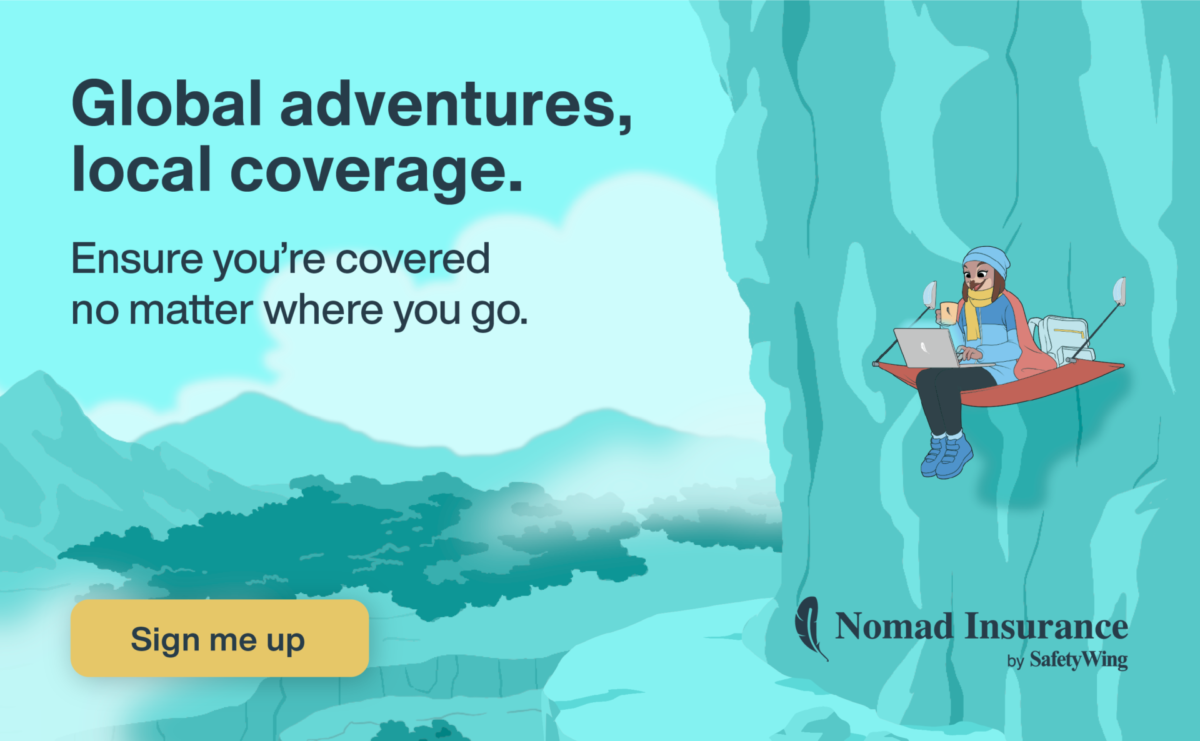
Safe to Travel – Madagascar
Is Madagascar Safe to Travel to in 2026
Heading to Madagascar? It’s an incredible spot with so much to see. And a lot of travelers are wondering if Madagascar is safe to travel, so let’s get into what you should know for your trip.
While a trip to Madagascar is an amazing adventure, it’s totally normal to be a little worried about safety. In this guide, we’ll dive into the latest travel advice, give you the lowdown on staying safe as a tourist, and share some practical tips for solo travelers. You’ll also find the essential emergency numbers, so you’ll be ready for anything.

As a travel enthusiast and photographer from the UK. I have a passion for nature and wildlife, I tend to focus on eco-tourism and sustainable travel but like to cover a wide range of articles. My favourite destination has got to be Malta, I love the food there and the relaxing nightlife of Silema is my happy place!
Affiliate Disclosure: Some of the links on our site are affiliate links, meaning, at no additional cost to you, we may earn a commission if you click through and make a purchase. This helps us to continue providing valuable content and supports our efforts in bringing the travel community together. We only recommend products and services we believe in and think you’ll find useful. Complete details are included in our affiliate disclaimer. Thank you for your support!
In a Hurry? Here's our Key Info for This Article
- Madagascar offers unique wildlife and landscapes not found anywhere else
- Petty crime is common in tourist areas; exercise caution
- Health infrastructure is limited; travel insurance is highly recommended
- Political stability can vary; stay informed about current events
- Respect local customs and traditions to enhance your experience
- Road conditions vary; use reputable transportation services
Stay Connected
Things to Do
Essential Apps
Surfshark VPN
Stay safe online and continue accessing all your services just like back home.
Budget Tips
Understanding Madagascar’s Political Climate and Safety Advisories
Safety in Madagascar, especially for tourists, is a big topic. While the country is generally calm, it’s a good idea to stay in the loop on local news, as things can shift. Petty crime like pickpocketing is a thing in tourist areas, so be street-smart and consider getting travel insurance.
If you’re a solo traveler, a little extra planning goes a long way. Always have local emergency numbers handy and pay attention to advice from people who live there, especially in more remote spots. Getting a handle on local customs, called “fady,” is super important, it’ll not only keep you out of trouble but also make your trip way more awesome. The key to an amazing trip is being prepared and aware!
Fact vs Fiction
| ✅ Fact | ❌ Fiction |
|---|---|
| Some spots are super chill and tourist-friendly, while others are a bit more rugged. It’s all about knowing the vibe of the region you’re heading to. | Madagascar is uniformly unsafe for travelers. |
| Travel insurance for Madagascar is highly recommended! | Travel insurance isn’t necessary for Madagascar. |
| Don’t forget to save the local emergency numbers on your phone before you go. It’s one of those things you hope you’ll never need, but you’ll be super glad you have them just in case! | Emergency services are unavailable to tourists in Madagascar. |
| Getting a handle on the local customs in Madagascar is a game-changer. It not only helps you avoid any awkward moments but also makes your trip way more amazing. | Local customs and etiquette in Madagascar are not important for tourists to learn. |
Emergency Contacts
Soaking up Madagascar’s beauty is an amazing experience, but it’s smart to be ready for anything. The political scene can shift, and knowing about local health and safety is key. Keep this list of emergency numbers and addresses handy, it could be a lifesaver. Being prepared is always a good idea, especially if you’re exploring this incredible island on your own.
- Police: 117
- Ambulance: 124
- Fire Brigade: 118
- General Information: 122
- Antananarivo U.S. Embassy: Lot 207 A, Point Liberty, Andranoro, Antehiroka, 105 Antananarivo (+261 20 23 480 00)
Knowing whom to call is just one part of staying safe in Madagascar. You also need to keep up with the latest travel advisories, be aware of the crime situation, and generally be street-smart. Grabbing some travel insurance is a smart move too, it’ll cover you for any health issues or travel mishaps.


Common Safety Concerns
It’s natural to think about safety, but with a little street smarts, you’ll be just fine. The main thing to watch out for is petty theft, so just keep your stuff close and maybe use a money belt. For your health, be sure to talk to your doctor about malaria meds before you go. Travel insurance is a must for any unexpected medical stuff.
On the road, things can be a bit crazy, so consider hiring a local driver who knows the ins and outs. And since cyclones can hit between November and April, always keep an eye on the weather and listen to local advice..
Crime Rates
Okay, so when you’re planning your trip, it’s smart to know the lay of the land when it comes to safety. Just like anywhere else, some spots are safer than others. The main thing you’ll want to watch out for is petty theft and pickpocketing, especially in crowded areas. But honestly, if you’re street-smart and take a few simple precautions, you can have an amazing and totally safe trip.
| Crime Type | Prevalence |
|---|---|
| Petty Theft | Medium |
| Violent Crime | Low to Medium |
| Scams | Medium |
| Road Safety | Varies |

Cultural Norms
When you’re thinking about staying safe in Madagascar, it’s not just about avoiding bad neighborhoods, it’s also about getting the local culture. The country is a wild mix of African and Asian traditions, and the customs are a big part of daily life. Learning and respecting them can totally change your trip, making sure your interactions with the locals are not only good, but also super memorable. If you are an LGBTQ traveler, then take into account, that even though it is legal in Madagascar, it is a taboo subject. So keep this in mind when interacting with locals. If needing some other places in Africa that might be more accomodating on your travels, here are our 5 best LGBTQ friendly countries in Africa.
Addressing Locals
In Madagascar, how you talk to people is a big deal. It’s smart to use titles and last names until you get to know someone better. When you first meet, a friendly “Salama” (hello) and a handshake is the way to go. Just be mindful of your body language, as direct eye contact can sometimes be seen as rude, especially in rural areas.
Madagascar’s culture is as unique as its wildlife. When you get out of the big cities, you’ll see that traditions are a huge part of life. For instance, there’s this concept called “Fihavanana,” which is all about community and harmony. Showing a little interest in their customs is a great way to make a real connection with the locals.
Is Madagascar Safe for Female Travelers
When you’re planning a trip to Madagascar, it’s totally normal to wonder about safety. The island is super unique, but it’s not without its challenges. Petty theft and muggings can happen, especially in busy tourist spots.
Similarly to South African travel for fellow female travelers, it’s all about being smart. Keep an eye on your stuff and avoid walking alone after dark. Staying updated on travel advisories is always a good idea. A little bit of caution goes a long way to making sure your trip is awesome.
Health and Safety Measures
As a solo female traveler, Before you even think about packing, make sure you have solid travel insurance that’ll cover you for any medical emergencies. Outside of the major cities, the healthcare system is pretty basic, so you need to be prepared for anything.
Also, be sure to save all the local emergency numbers to your phone and pack a small first-aid kit. Tropical diseases like malaria are a real thing there, so definitely chat with your doctor about what vaccinations or meds you might need before you go.
Cultural Sensitivity and Personal Safety
Alright, for my fellow solo female travelers out there, a little extra attention to culture and safety in Madagascar is a game-changer. It’s smart to dress on the conservative side, especially when you’re in rural spots, just to be respectful of local customs. This will be something that you will need to do in most African countries, Cabo verde safety guides also indicate to dress modestly.
Also, it’s a good idea to keep up with the political situation. That way, you know what areas to avoid and can steer clear of any drama. For more remote or iffy places, I’d totally recommend joining a guided tour. It’s a great way to have safety in numbers and meet other travelers. Most importantly, always trust your gut. If a situation feels off, don’t second-guess yourself, just get out of there.
Concluding Thoughts
To wrap things up, thinking about a trip to Madagascar is exciting, but it’s smart to go in with your eyes open. Like any big adventure, a little prep goes a long way. Stay updated on the latest travel advisories and know that petty crime can be an issue in tourist spots. Solo travelers, in particular, should be extra vigilant with their belongings and avoid walking alone after dark.
Definitely get some travel insurance that covers medical emergencies, and chat with your doctor about any necessary vaccines. Knowing the local emergency numbers is a must, too. Respecting local customs and keeping up with the political scene will not only make your trip safer but also way more rewarding. So, be prepared, trust your gut, and get ready for an unforgettable adventure!
Is Madagascar Safe to Travel to in 2026 FAQ
Madagascar poses unique safety concerns, primarily petty theft and muggings, especially in tourist-heavy areas. It’s advised to stay vigilant, avoid flaunting valuables, and use reputable transportation services.
Yes, Madagascar has a risk of malaria and dengue fever, among other tropical diseases. It’s crucial to take preventive measures like vaccinations and anti-malarial medication, and always use mosquito repellent to mitigate these risks.
Traveling at night in Madagascar is not recommended due to increased risks of theft and lack of adequate street lighting in many areas. It’s safer to plan your travels during daylight hours to avoid unnecessary risks.
The local police force in Madagascar can be helpful, but their response might not always meet the expectations set by more developed countries. It’s wise to also have the contact details of your embassy or consulate as a backup in case of an emergency.













